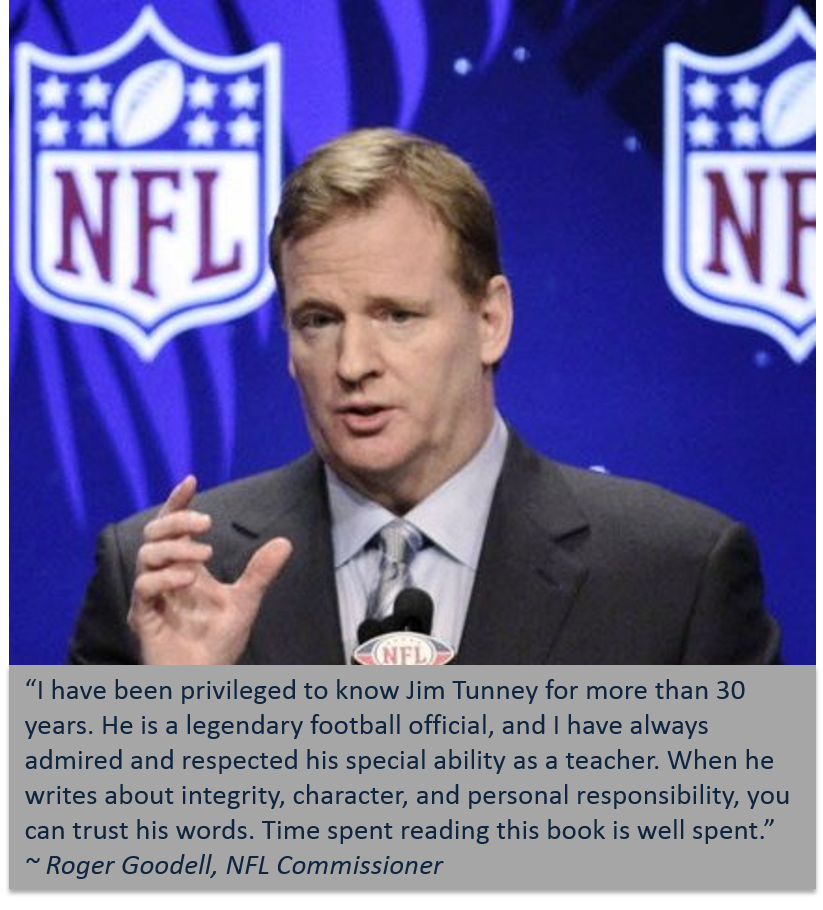After Further Review … Florida coach Urban Meyer apologized recently to a reporter he berated for publishing a quote by one of Meyer’s players. Meyer is the Head Coach of the University of Florida’s football T.E.A.M. that often is the S.E.C. champion and/or contender for the National Title. I have never met Coach Meyer and have only read that he called Orlando Sentinel’s reporter Jerry Fowler a “bad guy.”
Fowler wrote that Florida’s receiver Deonte Thompson said that the Gators up and coming quarterback John Brantley was a “real quarterback,” more so than graduating senior & Heisman Trophy winner Tim Tebow. Hey, “Much ado about nothing.”
The question here is: “Why the apology?” Does a coach have a right to support his players who he believes may be abused by the press? Of course, he does – as long as his defense (tirade?) is not profane or personal. Is “bad guy” a personal assault?
The other issue that comes into play here is: when have you EVER read where a reporter apologizes? I haven’t, or if it did happen, it was in a ‘round-about-way. The press seems to take the position that “freedom of the press” is a right – and it is! However, “right” carries responsibility as well. Reporters far too often intend to cause controversy, which, of course, sells newspapers. Should that be the goal of a reporter?
As a lifelong educator, I have often dealt with students’ “rights” vs. responsibility. Freedom of speech does not entitle one “absolute” freedom. As an example, one cannot yell “fire” in a crowded auditorium/theatre without a valid reason. Further, freedom doesn’t mean one can use words that are slanderous or libelous. Should another person’s feelings be considered? How ‘bout considering “if the shoe is on the other foot.”
NFL officials are under a “gag” order preventing them from talking with the press or responding to statements made by the press. The reason being that the press could/would often twist one’s words to create controversy. In fact, in my book Impartial Judgment, I suggested “Avoid arguing with the press; remember, they buy their paper by the ton and ink by the barrel.” One seldom wins or comes out of an argument successfully with the press who can keep writing their side “ad nausea.”
Apologies, as in Meyer’s case, are always a good way to soothe bad feelings, but more often the issue is not one sided.
Will you offer a sincere apology if/when your words offend someone?



